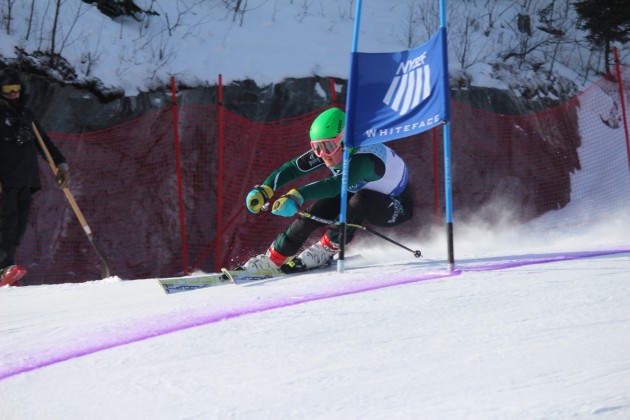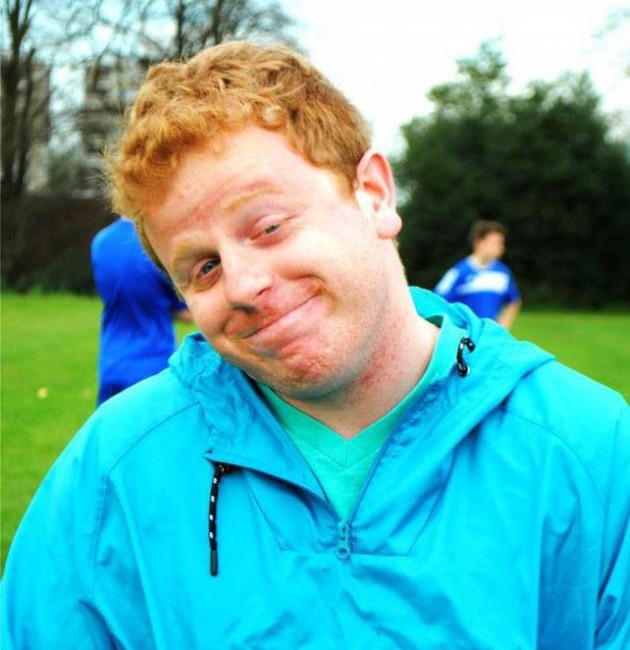Master’s programs cause controversy
As Castleton and its academic programs expand, some faculty members are skeptical of what the school’s new graduate programs might mean for them.
Linda Olson, president of the faculty union, worries not enough new faculty are being hired to support the new masters degrees.
“If were creating all these new programs and we don’t have the faculty in place to support them, or the support staff to support them, or the classrooms to house them, are we going to be successful?” Olson said.
According to Academic Dean Tony Peffer, Castleton has developed three new master’s degrees that will be implemented this summer including theater arts, music education and math education.
This is cause for concern for Olson.
“Who’s going to teach all these new classes that you’re creating for these masters programs?” she asks.
Olson doesn’t want to see the existing faculty overloaded with new classes.
“If we’re going to create these programs we want them to be sustainable,” Olson said, arguing that the faculty should be in place before the programs see students.
Peffer disagrees. The administration plans to generate interest and get the programs off the ground before they commit to hiring new faculty.
“Since we don’t have a lot of experience with master’s degrees, we don’t want to get in a situation where we hire someone, they do a wonderful job, but the degree isn’t viable and we wind up having to let them go,” Peffer said. “I think it’s more prudent of us to see if the program is moving and then make the hires.”
“Its part of the Castleton plan,” Peffer continued. “The vision is that we become the public master’s institution for Vermont.”
As for the issue of professors having to teach overloads, (more than four classes per semester) Peffer said teachers won’t have to overload unless they want to.
However, lack of faculty isn’t the only concern. There is also a lack of facilities. Castleton is already short on classroom space, so where will all of these new classes be held?
Peffer doesn’t see this as an immediate issue either. The theater arts programs will be mostly production based, most of its classes taking place in Casella or Black Box Theater. As for the math education and music education, Peffer said some of their courses would be online.
Peffer also pointed out that most of the students in these programs are people who already have a bachelor’s degree and a job, therefore most of their classes would be later in the day when there is no problem finding class space.
Although Peffer doesn’t see needing to immediately create new class space, it is in the future.
“The Castleton Plan calls for expanding academic classroom facilities. We know that as we grow were going to need more space.”
Peffer expressed his excitement for the new programs, especially those in liberal arts.
“All the data I’ve seen suggests that if someone in liberal arts has a master’s degree, their employment is at least as good as any professional program,” Peffer said.
He also said Castleton’s growth is far from over.
“We want to start really good programs that are healthy and well supported, and that’s what we’ll do,” Peffer said.








